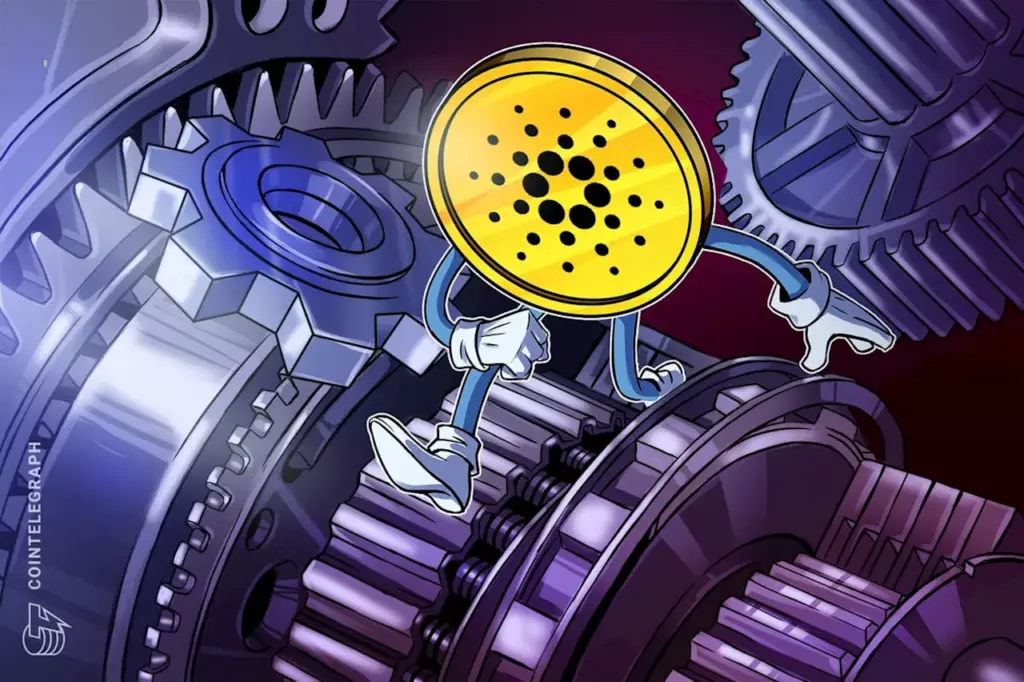
The Cardano Network experienced a temporary chain split on March 15, 2024, triggered by an old software bug exploited through a malformed transaction. This issue arose when a staking pool operator, identified as Homer J, initiated an abnormal delegation transaction that, while valid at the protocol level, caused significant disruptions in network functionality.
The problematic transaction involved the delegation of ADA, Cardano’s native cryptocurrency, to a staking pool. Such transactions are routine; however, this particular instance revealed vulnerabilities in the underlying software code. As a result, the network temporarily split, leading to operational challenges.
In response to the incident, Cardano’s development team directed staking pool operators to download the latest version of the node software. This update was essential to restore the network to a unified blockchain history and mitigate any further complications.
Homer J has since acknowledged the impact of the exploit, stating, “This kicked a hornet’s nest… These things impact the lives, money, and commerce of millions of people.” His comments highlight the broader implications of such disruptions, which can be likened to cyberattacks that affect entire economies.
Despite the severity of the situation, the price of ADA saw only modest declines. It dropped from $0.44 at the start of the incident to approximately $0.40 shortly thereafter. Typically, chain splits or network disruptions result in more drastic impacts on the value of cryptocurrencies, making this relatively mild reaction noteworthy.
As the Cardano community moves forward, the focus will remain on ensuring the security and stability of the network. Developers are expected to conduct thorough reviews of the incident to prevent similar occurrences in the future and to reinforce the integrity of the Cardano blockchain.






